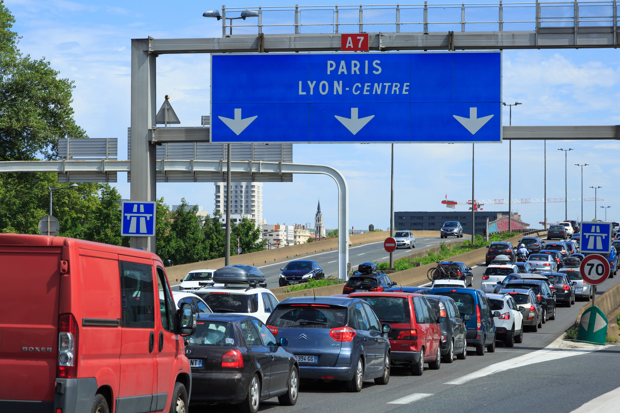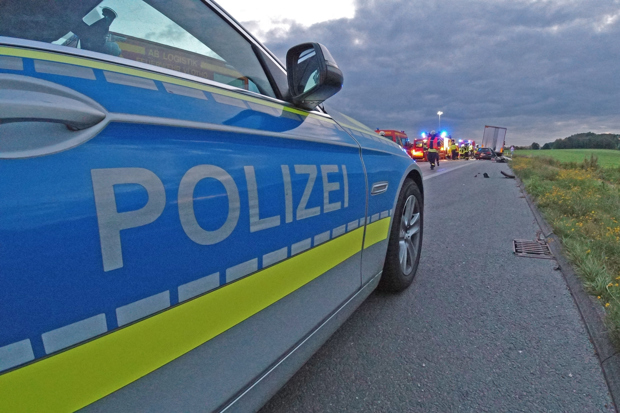Warning to drivers heading abroad as accidents rise by 50%

With the summer holidays under way, drivers heading to the continent are being urged to exercise caution with the number of accidents in Europe up by more than 50%.
That's according to Admiral Car Insurance data which shows that the number of claims in August 2022 was up 57% on the previous year.
As travellers embark on their summer breaks, the leading accident abroad hotspot is France accounting for 42% of all claims received by Admiral. Spain (10%), the Republic of Ireland and Italy (both 8%) also featured in the top five accident-prone locations.
August appears to be the worst month with the the number of claims received in August 2022 almost 200% higher than the monthly average for the year.
According to Admiral, the most common accident while abroad is being hit by another driver while your car is parked. Hitting another car and being hit from the rear are also commonplace.
"There’s no reason driving abroad can’t be straightforward and uneventful, but just as accidents can happen on the roads at home, they can happen abroad too," says Adam Gavin, Head of Motor Claims at Admiral Insurance.
"To make sure your holiday isn’t disrupted by an accident, drivers should make sure they are well prepared before setting off. Planning your route, brushing up on local driving rules and customs, and ensuring you’re carrying all the correct documentation will all help to make sure things go smoothly."

Admiral has come up with a checklist if you have an accident while driving abroad:
1. Don’t sign anything unless you understand what it is you are signing. In European countries you will be presented with the Agreed Statement of Facts on Motor Vehicle Accident. If you are involved in an incident with another driver they will present you with the form, it is split into two sections and each driver involved is expected to complete it with their version of events. The English language version you take with you is for translation purposes only, it will help you understand each section of the form the other driver will give you.
2. Take pictures of the accident at a safe distance. Also take photos of the vehicles involved. Make sure you have a good photo of the registration number on the front and back of all vehicles.
3. Take your documentation. Including your certificate of motor insurance, driving licence and the vehicle registration document abroad with you.
4. Take a copy of the Agreed Statement of Facts on Motor Vehicle Accident. This is a European accident form which goes by different names in different countries.
5. Ensure you save the contact details for your insurance company into your phone.
6. Make sure you have sufficient travel insurance for you and your family as most motor insurance policies will only cover the car and not onward travel for you and your luggage.
7. Make a note of where the accident happened. Include the date and time. Use your smartphone to see the exact location and take a screenshot.
8. Take all witness details. Names, addresses, telephone numbers and email addresses.
9. Ask the local authority to recover the car. Make sure you have their address and contact details and make sure you know where they are taking your car.
10. Most importantly remain calm. Stay safe and phone your car insurer, and your travel insurer if you need onward travel.
Do I need to carry spare LED bulbs when driving in France?


